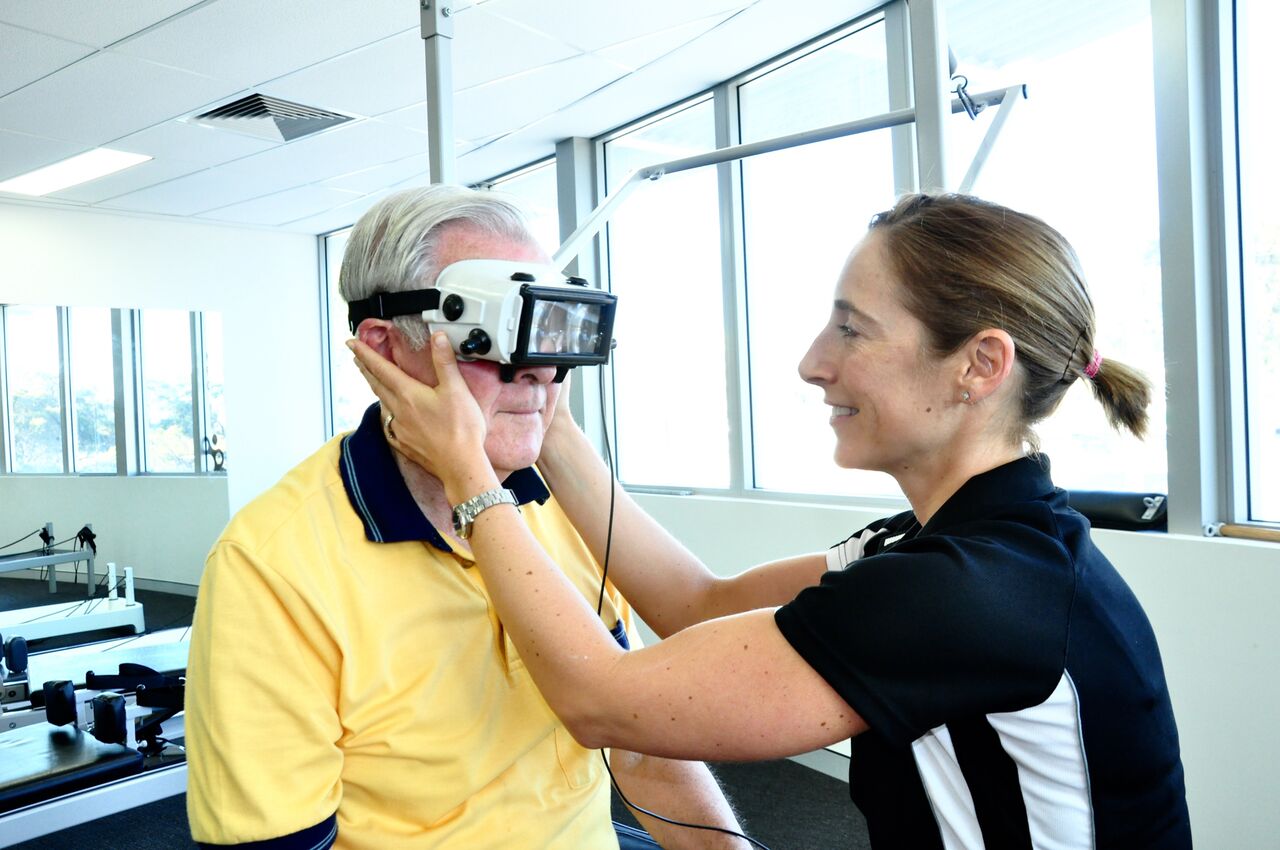
The vestibular system is small and complex system which is located in the inner ear. You have one apparatus on each side of the head. This system is primarily responsible for helping you to maintain your balance, as well as controlling eye movements and keeping you gaze stable. When there is a problem with the vestibular system, it commonly results in symptoms such as vertigo/dizziness, nausea, feeling off balance and light-headedness. These problems can come from a variety of causes (pathologies) such as BPPV, neuronitis, Meniere’s disease, vestibular migraine and multiple others. It is important that if you have any of these symptoms that you are assessed by an appropriately trained health professional to ensure there is nothing more sinister causing your symptoms.
BPPV is by far the most common cause of dizziness. It occurs when small crystals become displaced within the vestibular system. When you move your head or change positions, these crystals move throughout the vestibular system, causing a brief (and often severe) episode of vertigo and nausea. This often occurs with movements such as sitting up/laying down in bed, rolling over in bed, looking up or bending down to the floor, or turning around too fast. When the head remains still for a period of time, the crystals also stop moving and hence the vertigo subsides until you move again. An appropriately trained Physiotherapist is able to confirm the diagnosis of BPPV and treat it through a range of maneuvers and home exercises. This treatment is highly effective, and aims to re-position the crystals in their correct place, which stops them moving around and causing vertigo.
Neuronitis/labyrinthitis is another pathology which can cause dizziness. It refers to an infection of the inner ear (vestibular system), and it usually only happens on one side. This dizziness is usually sudden onset, with severe and constant spinning. It is often associated with tinnitus (ringing in the ear) or sudden loss of hearing in one ear, as well as pain. Initially medical management from your GP is important to diagnose and help stop the infection/inflammation. Once this has settled, often people are left feeling off-balance and dizzy. This is where an appropriately trained physiotherapist is very helpful. Through a series of exercises which are progressed over a number of weeks, we are able to rehabilitate the vestibular system to improve its function. This improved function then allows your balance to improve, and helps to reduce dizziness with day to day tasks.
There is a high level of evidence supporting the benefits of seeing an appropriately trained physiotherapist for rehabilitation of your dizziness issues. For more information please contact our reception on 92451011
